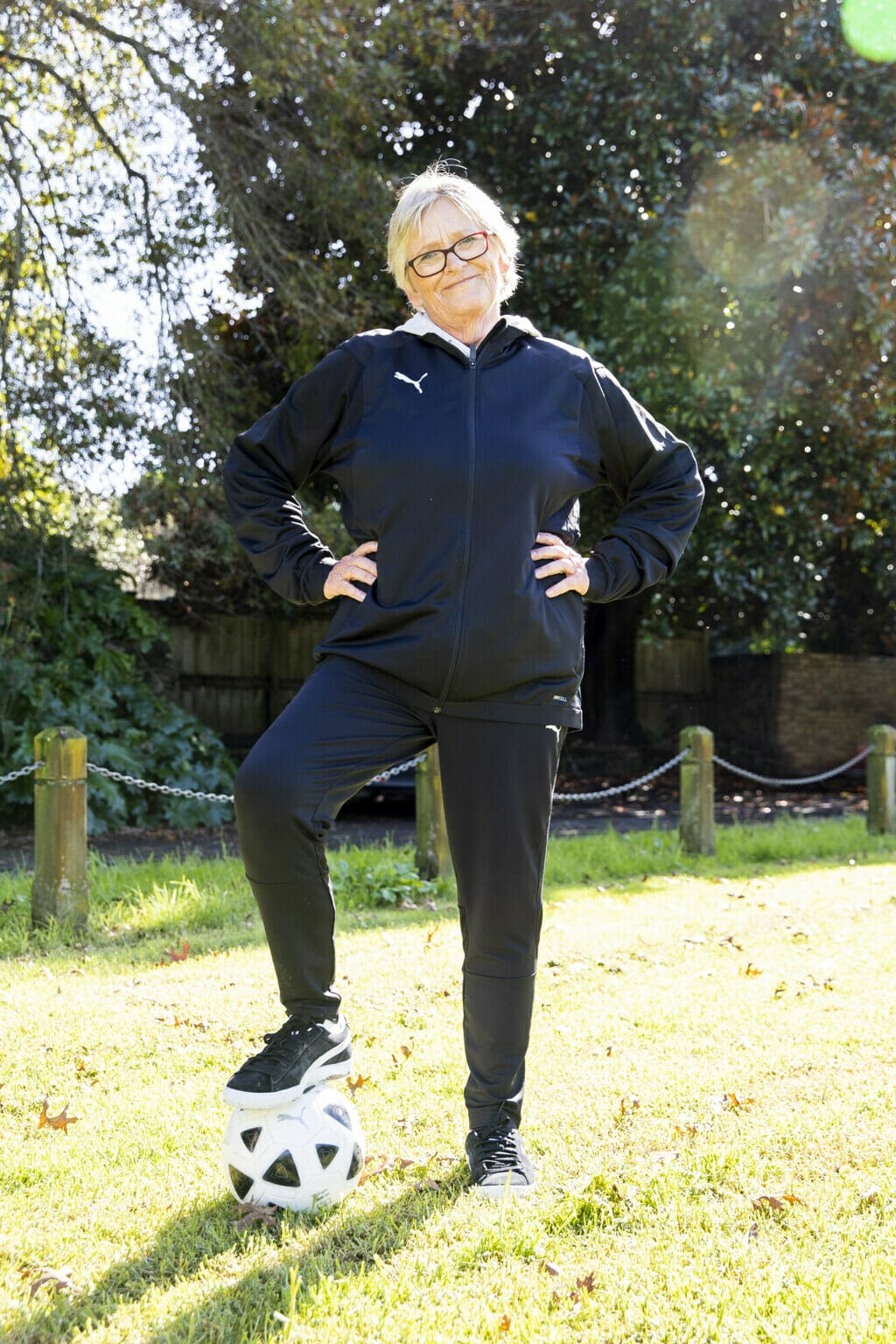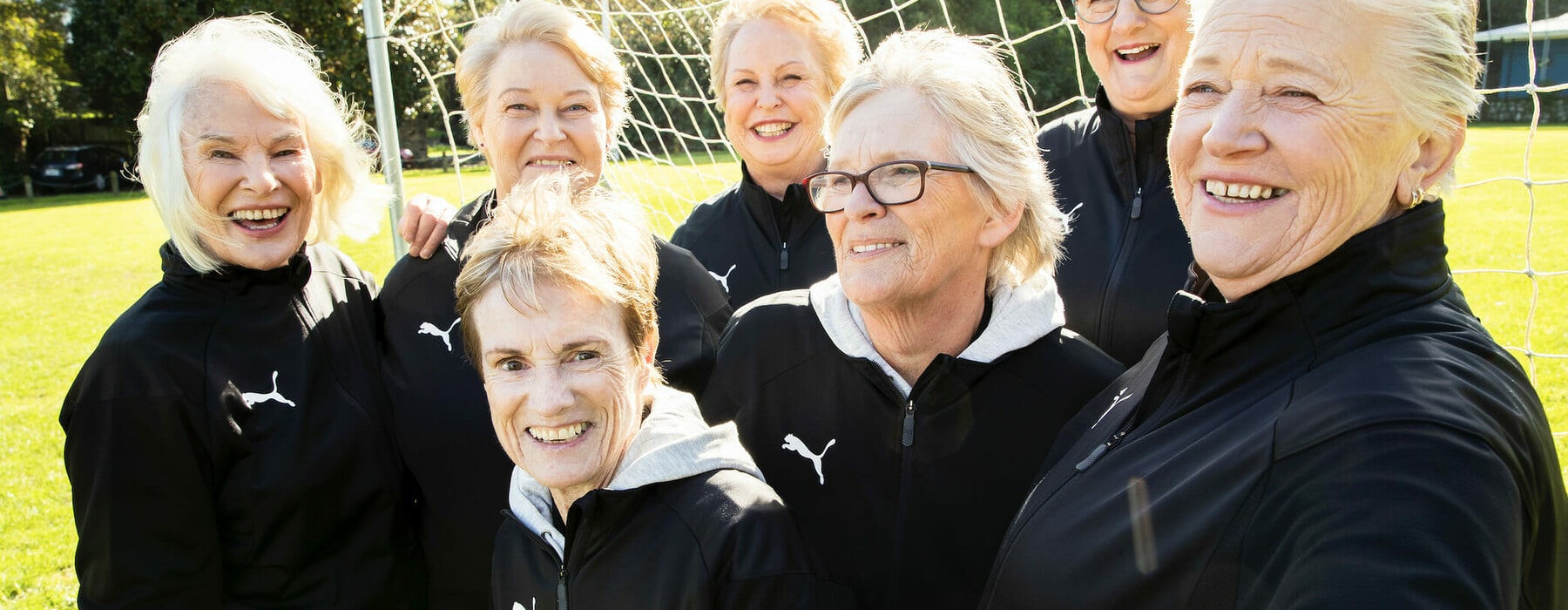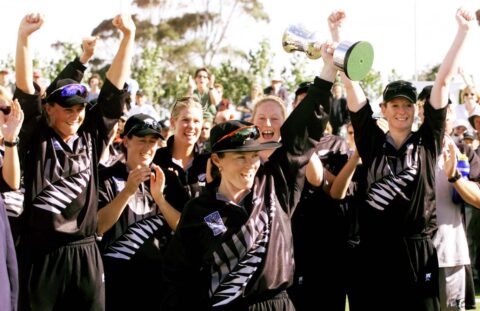Women’s sport can sometimes feel like a battleground. Controversy or scandal, simmering discontent or outright grievances across a range of areas, continual work to promote and push for equity and equality, things like getting rid of white shorts, kit that fits, proper changing rooms, media coverage…the list goes on. It’s always been this way but we’re now paying so much more attention that it somehow seems as if the stakes are higher and the noise is constant.
It’s easy to get frustrated or angry, exhausted by the constant grind…but then you see the stories that make the battles worthwhile, the ones that make your eyes fill and heart swell.
We had one of those this week. PUMA’s campaign to celebrate the forgotten trailblazers of New Zealand football is one of the smartest, well executed and emotive pieces I’ve seen in some time. The company has ‘signed’ the players from the first ever New Zealand national team that played and won in the 1975 Asian Cup but weren’t recognised at the time and barely have been since.



Launching with a beautiful feature video where the players read a heartfelt letter from PUMA’s general manager, the women who are now in their 70s and 80s will appear across a range of events and social media content. It was as meaningful as it was brilliant given PUMA is not a sponsor of either the FIFA World Cup or the Football Ferns.
Rebecca Sowden, herself a former Football Fern, knows a good campaign when she sees one. The founder of Team Heroine and brains behind the ambitious Correct the Internet Project, Sowden is one of those in the constant battle to gain more recognition for women’s sport. She’s urging other brands to take inspiration from this campaign. “It’s exactly the type of out-of-box thinking women’s sports rights holders and brands need to adopt and more companies should be leveraging the cultural moment,” she says.
At the end of the launch video the five women featured, including captain and Football Fern number one Barbara Cox, all asked for one thing – if they could keep the letter.



It’s such a stark contrast to the big story surrounding the FIFA World Cup that was finally resolved this week. FIFA has ended the prospect of a TV blackout in Italy, France, Germany, Spain and the UK, by agreeing a deal with European broadcasters. The governing body had been playing hardball, claiming the TV money men (not all men, but…) weren’t stumping up enough cash for the rights and that all they were offering was a “slap in the face” to women players.
That it got to within one month of the tournament before a deal was signed is a story in itself and it is hugely important for the tournament and women’s football. But boardroom broadcast negotiations aren’t the sort of things that will make people truly care about any of this. It’s the stories of Barbara Cox and the 1975 trailblazers that we should worry about – they’re the ones who show us where we have been and the ones who will help us know where we’re going. And why a simple letter 50 years later means the battles will always be worth it.
Related Article: Shining a Light on Women’s Sport








